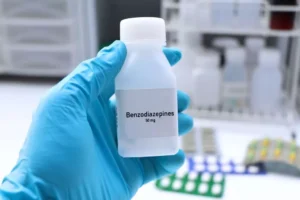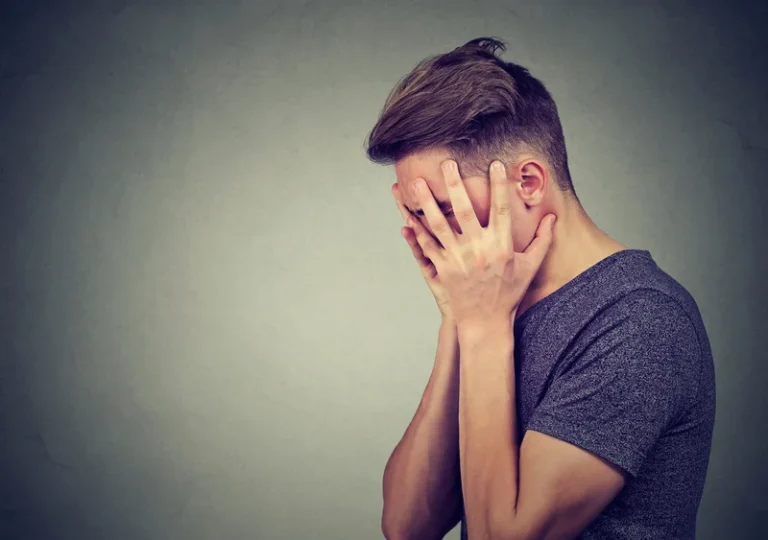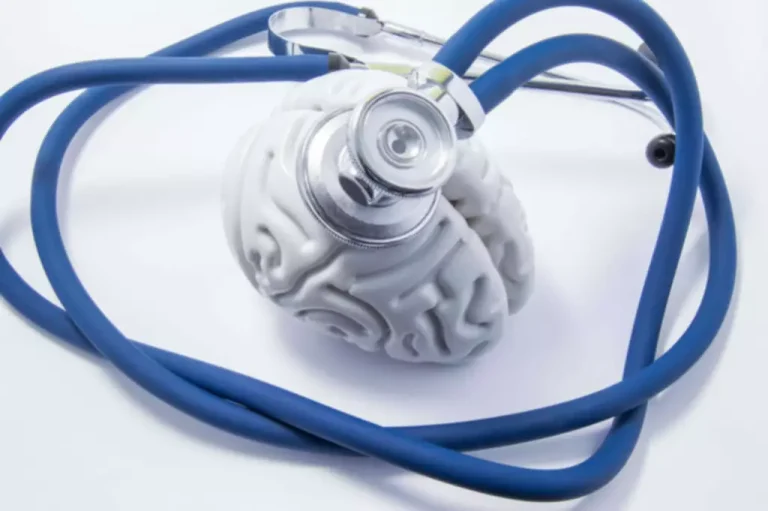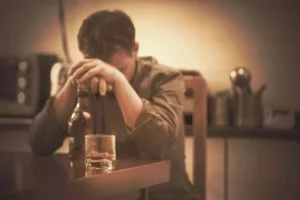
Withdrawal seizures are most typically experienced 24 to 48 hours after the last drink. If you have a drinking problem, it is best to stop drinking alcohol completely. Total and lifelong avoidance of alcohol (abstinence) is the safest approach. Go to the emergency room or call 911 or the local emergency number if seizures, fever, severe confusion, hallucinations, or irregular heartbeats occur. A counselor can help someone prepare for life after withdrawal and provide support as they navigate quitting drinking. Avoid people who may encourage you to drink alcohol or may not support your decision to stop.
- You’ve taken an important first step toward recovery by deciding to stop drinking.
- For the inherited disease to develop, two copies of the Smith-Lemli-Opitz gene must be present — but fentanyl exposure in cells with just one copy of the gene was enough to prompt birth defects related to the illness.
- When you don’t have caffeine in your system blocking adenosine receptors, your body’s natural response to adenosine is to get sleepy.
- Other risk factors include previous episodes of severe alcohol withdrawal.
- Inpatient treatment allows healthcare professionals to monitor you for DT or hallucinations, monitor your vitals, and administer fluids or medicine intravenously if needed.
How alcohol withdrawal delirium is treated
Often, individuals with SUD have made multiple attempts to detox on their own. A history of chronic relapse, particularly with opioids, stimulants, and alcohol, can increase the severity and dangers of withdrawal symptoms. Being in a detox program provides you with a clean, safe, supportive environment where there is no access to drugs, alcohol, or environmental triggers, which significantly reduces the risk of relapse. An estimated 50 percent of people who have an alcohol addiction will experience withdrawal symptoms if they abruptly stop drinking. Of those people, 3 to 5 percent will experience AWD symptoms like grand mal seizures and severe confusion. Alcohol withdrawal symptoms can be greatly reduced or even eliminated with proper medical care.
What Causes Alcohol Withdrawal Symptoms?
- Depending on the severity of your symptoms, your doctor may recommend monitoring a medical setting or at home.
- Furthermore, our study was similar to Anduluz et al., Nichols elik et al., and Vadiei et al., where gabapentin treatment was adjunctive to the CIWA score-based benzodiazepine administration [2,9,10].
- Moderate drinking is officially defined as 1 drink or less per day for women and 2 drinks or less per day for men.
Symptoms usually begin within 6–12 hours of the last drink and can last for a few days. Individuals experiencing severe symptoms may require immediate treatment at the hospital treatment to minimize the risk of potential complications. The first symptoms—and maybe the only symptoms—you https://ecosoberhouse.com/ experience may resemble a bad hangover. She adds that withdrawal can also occur after a significant reduction in alcohol consumption. Healthcare providers typically prescribe short-term medications to relieve the symptoms of mild to moderate alcohol withdrawal.

From 24 to 72 Hours
For those trying to detox from alcohol, it is vital to do so under the supervision of a doctor, as the withdrawal symptoms may be severe. Some people can be treated at home, but others may need supervised care in a hospital setting to avoid potentially dangerous complications such as seizures. The most important tip to quit caffeine is to reduce your caffeine intake gradually. Sleep conditions like sleep apnea can cause disrupted sleep and may wake you up multiple times during the night. Heavy snoring is a symptom of sleep apnea and warrants a visit with a healthcare provider or sleep specialist.
Alcohol Withdrawal Stages and Severity
Defoster et al. recently conducted a randomized controlled trial in the inpatient setting, using fixed-dose gabapentin taper and CIWA-directed benzodiazepines to treat mild/moderate AWS [21]. Their study found no significant differences between the groups; however, the results were constrained by under-enrollment and prior benzodiazepine use in both groups. Notably, this study excluded patients with severe alcohol withdrawal syndrome symptoms withdrawal symptoms and ICU admissions. In contrast, our study included patients with all severities of withdrawal, including those admitted to the ICU, potentially providing insights into the efficacy of gabapentin in more severely affected populations. Inpatient treatment, or staying at a hospital or care facility, may be necessary for someone with moderate to severe symptoms of alcohol withdrawal.
Medication for Alcohol Withdrawal
Toxicology screening is typically done with a blood or urine sample, and can also indicate if any other substances are in your body. If you’re receiving inpatient treatment, your doctor may perform toxicology screens more than once to monitor your alcohol levels. Alcohol withdrawal symptoms tend to occur within 8 hours after the last drink, but can occur days later.

Stage 4: 48 to 72 hours after last drink
In addition, a general linear model was utilized to test the difference between the two medication groups concerning the cumulative benzodiazepine dose, length of hospital stay, and length of ICU stay. Given that the data are non-normally distributed, the median serves as a more suitable comparison parameter. It is important to note that the cumulative benzodiazepine dose was log-transformed to fulfill normality assumptions for the general linear model.

Symptoms of Alcohol Withdrawal: Timeline and Signs of Danger
- These first few weeks are critical because they are when the risk of relapse is highest.
- Notably, this study excluded patients with severe withdrawal symptoms and ICU admissions.
- If you need help finding a primary care doctor, then check out our FindCare tool here.
- As you embark on this journey, it’s important to take care and not shame yourself for addiction.
- Getting enough sleep, however, can help combat the effects of fatigue from caffeine withdrawal and make you feel more refreshed at the start of your day.
